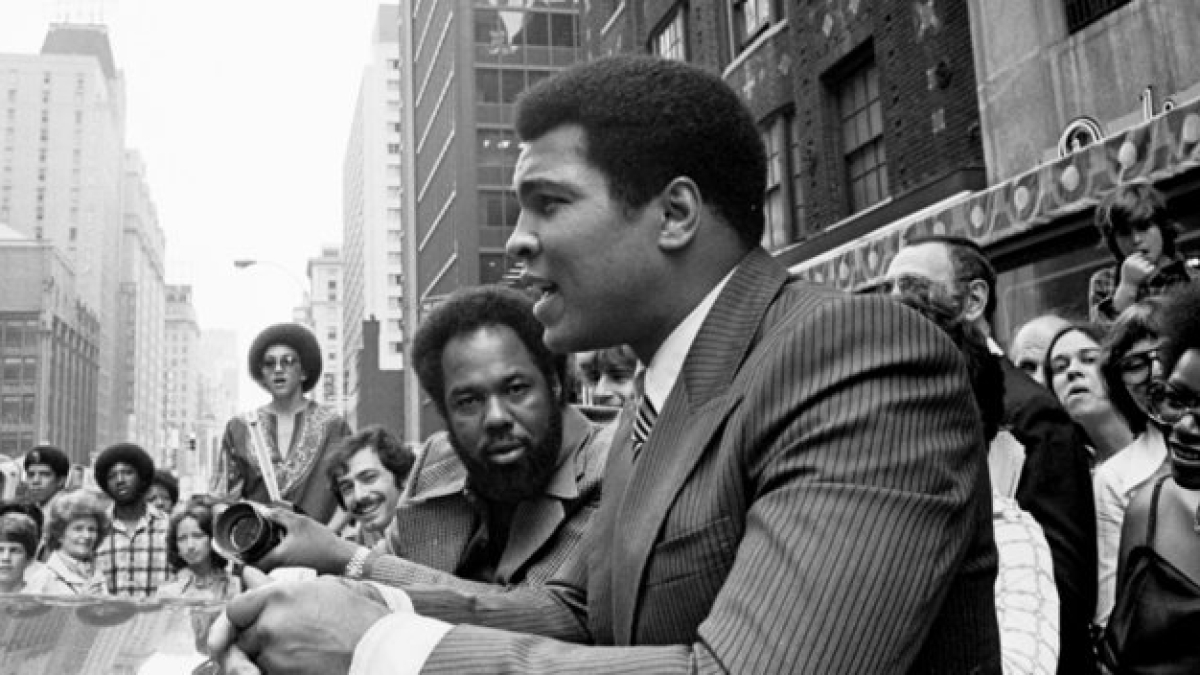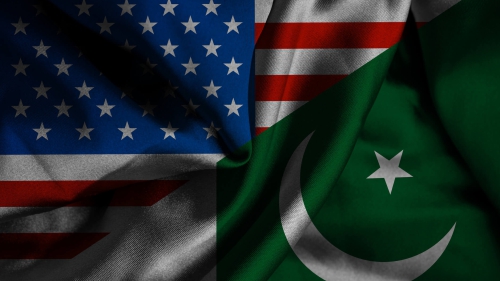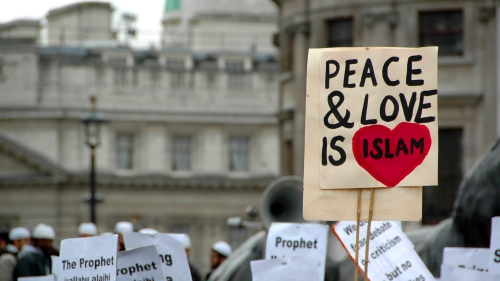GOP Candidates, Learn From Muhammad Ali

On Wednesday night, my job required me to watch a CNN "debate" in which Republican presidential candidates hurled canned insults every which way in an effort to show they could be tough, brave, principled world leaders.
Rather than ennoble, the three hours of fake fighting diminished most of them and proved nothing about leadership, let alone bravery. They scorned immigrants, foreigners, politicians, government, bureaucrats, Hillary Clinton and, to prove their balance, hedge fund managers.
The next day I sat next to an American leader with true dignity and global presence: Muhammad Ali, who not only won real fights -- boxing matches -- but also hearts and minds worldwide with courageous stands on civil rights, religious freedom, the ruin of war and the need for peace.
Now 73 years old, Ali models the kind of character that could inspire our raucous democracy.
How? By being exactly who he really is; by loving people and life in the public eye; by selling himself unabashedly, but with humor; and, most important, by holding to moral ideals even at the risk of losing everything.
At the height of his career in 1967, perhaps the greatest boxer of all time was temporarily banned from the ring for refusing to fight in the mindless Vietnam War and citing his Muslim faith. He was ahead of his time on almost too many levels to count. But he bore the path-breaking -- and the draft conviction and the controversy it engendered -- with a confident ease that made him an influential voice. (And the Supreme Court exonerated him.)
Decades before #BlackLivesMatter, Ali shouted that very idea to people who often didn't want to hear it. He toured college campuses in the late '60s and early '70s, speaking out for racial justice, religious toleration and the need to be wary of war as an answer.
"In those days, the Kennedys were gone, [Martin Luther] King was gone, and civil rights leaders were gone," comedian Billy Crystal recalled in a video tribute. "But we had Muhammad Ali."
Never bitter, never broken, he resumed his boxing career after three years. He also went on to others as an activist, philanthropist and emissary for causes such as global hunger and medical research.

Muhammad Ali received an award for inspirational leadership on Sept. 17, 2015, in a ceremony emceed in part by The Huffington Post's Howard Fineman.
In his home town on Thursday, the University of Louisville honored the man, now slowed by Parkinson's disease, with its first Grawemeyer Award for inspirational leadership. At the key moment in the ceremony, when the curtain went up in the old movie palace, Ali sat alone on the stage, nodding gently in appreciation to the cheering crowd.
He didn't speak, but he didn't need to.
As an emcee of the event, I stood to the side, marveling at his story: how badly he had been treated long ago, but how he offered proof of our country's ability to evolve and renew itself.
No one expects our presidents to be heroes or saints. Ali, truth be told, is neither.
But he was and is what American leadership should be about: fearlessly pushing your country to live up to its own lofty ideals, with the fierce smile of optimism.
Now all we need is to find someone in 2016 who can do the same thing.
Topics: Civil And Political Rights, Elections, Muhammad Ali, Muslim American Society
Views: 2351
Related Suggestions

















